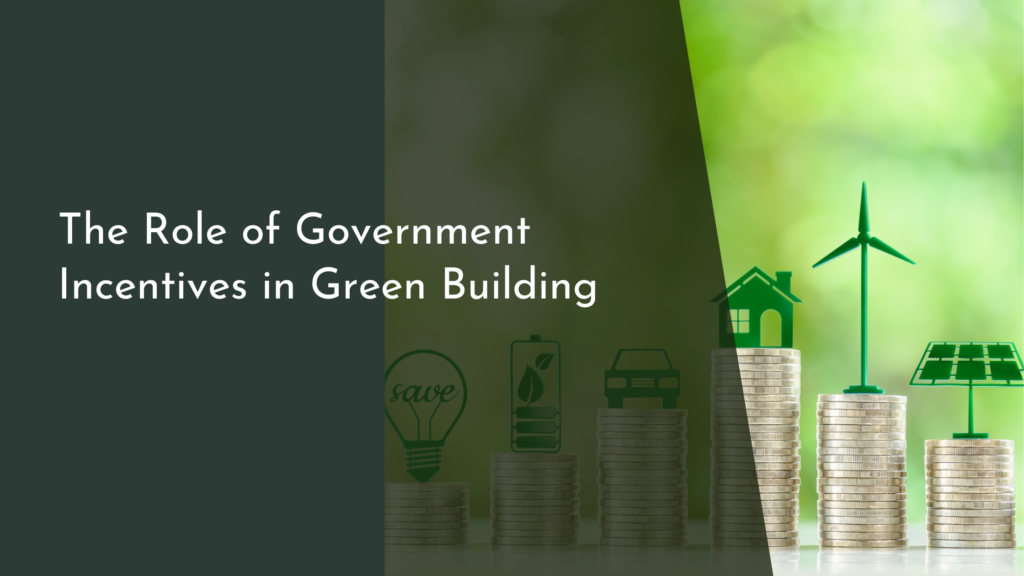The Economics of Investing in Renewable Resources
In recent years, the global shift towards sustainability has made renewable resources an essential focus for both policymakers and investors. As we face the challenges of climate change, renewable energy sources like solar, wind, and hydroelectric power have emerged as crucial components of a sustainable future. Investing in these resources not only benefits the environment but also offers significant economic opportunities. This article explores the economics of investing in renewable resources, highlighting their key financial benefits and market trends that make them an attractive option for investors worldwide.
Understanding Renewable Resource Economics
The economics of renewable resources are fundamentally different from traditional fossil fuels. Renewable energy sources are abundant and, by their nature, inexhaustible. Unlike fossil fuels, which deplete over time, renewables are expected to remain a constant and reliable source of energy. This inherent sustainability translates to long-term economic stability, as the cost of supply does not fluctuate with the depletion of reserves. Furthermore, the decreasing cost of technology, such as solar panels and wind turbines, has made renewable energy more financially viable than ever before. Investments in research and innovation have led to significant advancements, improving efficiency and reducing the overall cost of renewable energy production.
Another important aspect is the positive externalities associated with renewable energy. While fossil fuel energy production can lead to environmental degradation and health issues, renewables offer cleaner alternatives that reduce carbon emissions and pollution. This leads to savings on healthcare costs and mitigates the economic impact of climate change. Moreover, governments worldwide are recognizing these benefits and are offering subsidies and tax incentives for renewable energy investments. These supportive policies further enhance the economic appeal of investing in renewable resources, making them a compelling option for forward-thinking investors.
Key Financial Benefits of Green Investments
One of the most significant financial benefits of investing in renewable resources is the potential for high returns. As the demand for clean energy continues to grow, companies in the renewable sector often experience robust growth and profitability. This increase in demand is driven by both consumer preference for sustainable alternatives and regulatory mandates for reduced carbon emissions. Additionally, renewable energy projects often have lower operational costs once established, as they rely on free and abundant natural resources, which enhances their profitability over time.
Investing in renewables also provides portfolio diversification, which is an essential strategy for managing risks. As the global economy increasingly relies on sustainable practices, industries that embrace renewable resources are positioned to outperform those that do not adapt. This trend offers a hedge against potential losses from traditional energy investments, which may face declining demand and increased regulatory burdens. Furthermore, the stability of renewables as an energy source reduces exposure to volatile energy prices, offering investors a more reliable and predictable return on investment.
Navigating Market Trends in Renewables
The renewable energy market is dynamic and continually evolving, with multiple trends shaping its landscape. Technological innovations are at the forefront, driving efficiency and cost reductions. For instance, advances in battery storage technology are enhancing the viability of renewable energy by addressing issues related to intermittency and storage. This progress enables more extensive integration of renewables into the energy grid, enhancing their economic viability and attractiveness to investors.
Another significant trend is the increasing role of private sector investments. Corporations are not only investing directly in renewable energy projects but are also committing to renewable energy targets within their operations. This shift is fueled by a growing awareness of corporate social responsibility and the business case for sustainability. Additionally, green bonds and sustainable investment funds have emerged as popular financial instruments, providing investors with opportunities to support environmentally friendly projects while earning competitive returns.
Embracing renewable resources is more than just an environmental imperative; it is an economic opportunity ripe for investment. As we have explored, the transition to renewable energy offers numerous financial benefits, including high returns, portfolio diversification, and reduced risk. With positive market trends and supportive government policies, investing in renewables is not only a smart choice for today but also a crucial step towards a sustainable future. By choosing to invest in green solutions, we contribute to a healthier planet while reaping economic rewards, driving us towards a prosperous and sustainable future.

